29 Jan2021
By Ji Soo Song
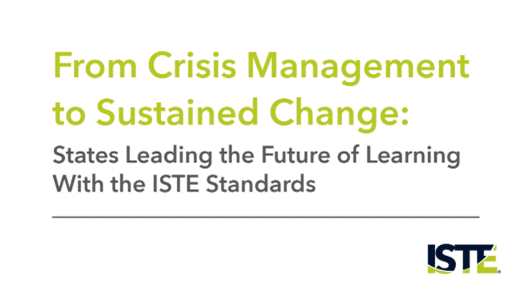 ISTE has released its newest policy report, “From Crisis Management to Sustained Change: States Leading the Future of Learning With the ISTE Standards.”
ISTE has released its newest policy report, “From Crisis Management to Sustained Change: States Leading the Future of Learning With the ISTE Standards.”
Fueled by the rapid transition to online and blended instruction in response to COVID-19 and continued need to equitably improve student outcomes, educators, and leaders across the country have faced an unprecedented challenge to design, implement, and scale learning strategies made possible through technology. This challenge also presents a new opportunity, as systems and strategies used to address COVID-19 can also propel our schools forward towards the future of learning and better meet students’ and educators’ needs.
26 Jan2021
By Weade James
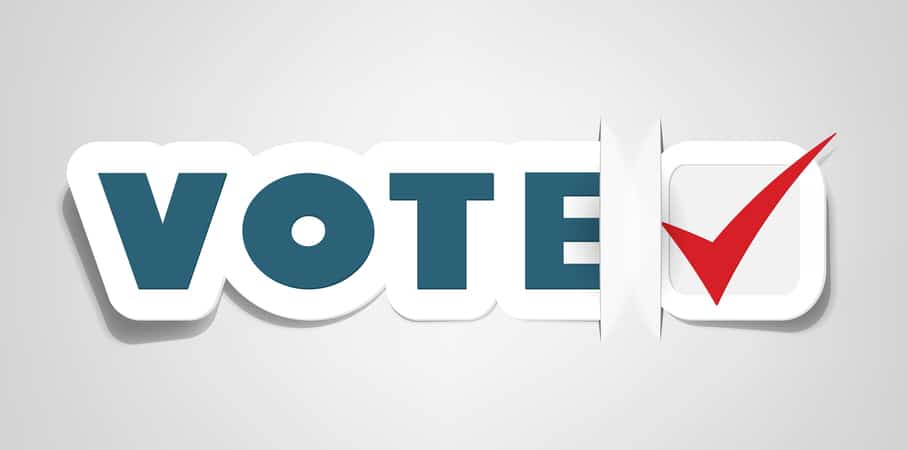 Meet the nominees for the 2021-22 Holmes Council Elections. Each Holmes institution is entitled to one vote, which must be submitted by the Holmes Program Coordinator. Program Coordinators are encouraged to confer with their scholars for input on each candidate prior to completing the e-ballot. E-ballots must be completed via the AACTE Voting System. The window to cast votes will begin on January 28, 2021, through February 12, 2021.
Meet the nominees for the 2021-22 Holmes Council Elections. Each Holmes institution is entitled to one vote, which must be submitted by the Holmes Program Coordinator. Program Coordinators are encouraged to confer with their scholars for input on each candidate prior to completing the e-ballot. E-ballots must be completed via the AACTE Voting System. The window to cast votes will begin on January 28, 2021, through February 12, 2021.
25 Jan2021
By Ann E. Larson

As chair of the AACTE Board of Directors, I personally invite you to attend AACTE’s virtual 2021 Annual Meeting, February 24-26. This year’s conference will provide ample opportunities to engage with colleagues in meaningful discussion around the critical issues facing our profession.
During these challenging times, it is imperative to create an empowered mindset, to renew democracy, and to respond to an entrenched system of inequities and fear. Together, through our collective power, we can affect the change we wish to see.
The AACTE Annual Meeting addresses the most pertinent issues and trends impacting our classrooms, our communities, and our world today. Hear from dynamic speakers such as:
- Bettina L. Love, who headlines the Speaker Spotlight Session, February 25, will focus on activism and teachings about the intersection of race, education, abolition, and Black joy. Learn more
- Michael Beschloss, an award-winning presidential historian and scholar of leadership, will be the speaker at the Closing Keynote Session, February 26. Learn more
25 Jan2021
By Chad Baldwin
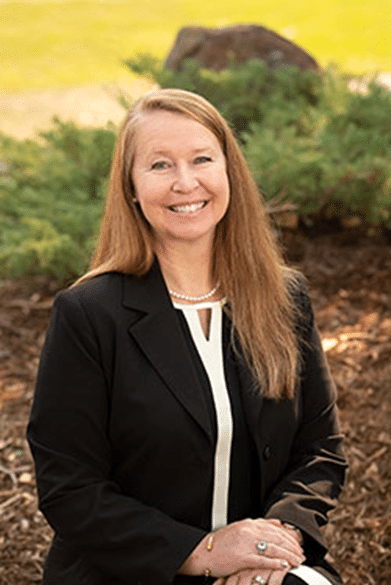 The associate dean of undergraduate programs in the University of Wyoming College of Education is the recipient of the Outstanding Science Teacher Educator of the Year Level One Award.
The associate dean of undergraduate programs in the University of Wyoming College of Education is the recipient of the Outstanding Science Teacher Educator of the Year Level One Award.
Andrea Burrows, a professor in the UW School of Teacher Education, received the award during the Association for Science Teacher Education (ASTE) 2021 International Conference, which took place virtually Jan. 14-15. As part of the award, she received a plaque and a cash award from Carolina Biological Supply Co., and she will be recognized in the awards issue of the ASTE newsletter.
The award recognizes the individual achievements and contributions of ASTE members in the first 10 years of their careers. Burrows has inspired pre-service science educators at UW for over nine years. She has won past awards from ASTE, including the 2019 John C. Park National Technology Leadership Initiative Fellowship and the Innovation in Teaching Science Teachers Award in 2020.
“I am truly honored that ASTE would choose me as the 2021 Outstanding Science Teacher Educator,” Burrows says. “My goals as a science teacher educator include continuing research to discover the workings of interdisciplinary spaces involving STEM and providing high-quality professional development for K-20 teachers to use what we are learning. This award provides recognition of the value of this type of interdisciplinary work.”
Burrows was selected for the award based on numerous achievements throughout her career, including the $1.2 million National Science Foundation (NSF) Noyce grant she leads to recruit students with STEM (science, technology, engineering and mathematics) backgrounds into the teaching field. This novel program has helped recruit and support 51 secondary science and mathematics teachers since 2013. She also co-leads a $1 million NSF Computer Science for All grant, which has provided teacher professional development and support since 2019.
25 Jan2021
By Linda Minor
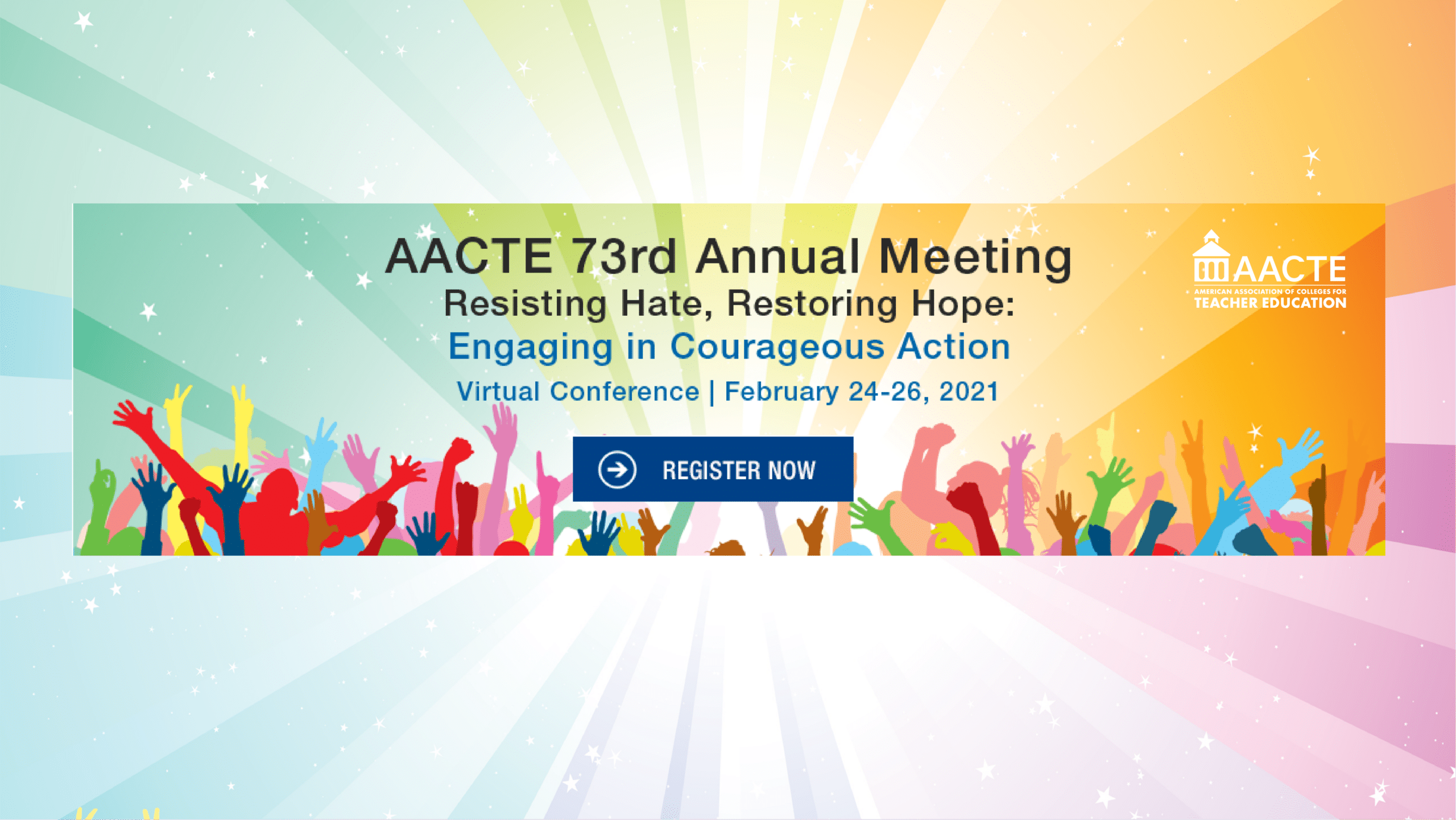
There is still time for you to register for the AACTE 73rd Annual meeting at a discounted rate. The Advance Registration rates will be available until midnight Monday, February 1. Please note, fees will increase to the late registration rate after this date.
You won’t want to miss attending the virtual conference, February 24 – 26. The three-day event will include the same elements as the in-person meetings: concurrent sessions on trending topics centered on our theme, dynamic keynote speakers, and professional service providers in the Conference Community Center— plus much, much more. Check out the Online Event Planner for the day-to-day schedule of events.
We look forward to seeing you there.

Visit www.aacte.org for conference details, follow us on Twitter and Facebook, and join the conversation using #AACTE21.
Come experience the reimagined AACTE Annual Meeting – One community. One purpose. One voice.
25 Jan2021
By Michael Rose

With the new administration at work and a new congress well underway, the need for AACTE and its members to engage with their elected officials is as important as ever. The existing shortfall of highly trained educators has been exacerbated by COVID-19. According to one study, prior to the pandemic, 100,000 classrooms in the United States were staffed by instructors who were unqualified for their jobs; in one month alone, 469,000 public school district personnel nationally lost their jobs and roughly 27% of teachers say they are considering leaving their job, retiring early, or taking a leave of absence because of the pandemic. Congress must understand the consequences of the shortage and what needs to be done to address it.
Your voice is key to educating lawmakers.
The Committee on Government Relations and Advocacy, one of AACTE’s standing committees, is hosting a session during the AACTE Annual Meeting to educate attendees about President Biden’s priorities for education and the composition of Congress and legislation it may consider. The session will also focus on AACTE’s legislative priorities, as well as strategies to move them forward. The committee will also share how to use your voice and share your experience with your elected officials.
Do you have questions about this session? Email gra@aacte.org.
25 Jan2021
By Jane E. West
This blog post is written by AACTE consultant Jane West and is intended to provide updated information. The views expressed in this post do not necessarily reflect the views of AACTE.
Just two weeks after a riotous mob vandalized the Capitol, President Joe Biden and Vice President Kamala Harris took the oath of office on the steps of the very same building. Setting the tone of unity, President Biden urged us to “see each other not as adversaries but as neighbors” and to “join forces, stop the shouting, and lower the temperature.” With three living former presidents (Clinton, Bush, Obama) from both sides of the aisle joining together to send a message of support to incoming President Biden, a hopeful tone is set for moving forward.
With astounding speed, the new Administration got right to work. President Biden signed 17 executive orders, memoranda, and proclamations on the first afternoon of his Presidency. Among them were orders to rejoin the Paris climate accord, end the former Administration’s travel ban on predominantly Muslim and African countries; impose a national mandate requiring masks and physical distancing in all federal buildings, on all federal lands, and by all federal employees; and to pause Federal student loan payments through September.
On Thursday, the president took further executive actions that aligned with his pledge to reopen most K-12 schools in his first 100 days in office. These orders will help support the reopening goal by way of developing a national strategy to get the coronavirus under control. One executive order will direct the Departments of Education and Health and Human Services to provide reopening guidance to schools with a focus on masking, testing and cleaning. A separate presidential memorandum will offer reimbursement to schools for purchases of personal protective equipment through the Federal Emergency Management Agency’s disaster relief fund.
25 Jan2021
By Lynn M. Gangone

Greetings! This new year brings new opportunities, as AACTE has moved its National Office to a new address. In this video, I share updates about our new location and how you can stay connected with our Association.
Please take a moment to watch the video message above and discover more about the relocation. Stay tuned for more updates about what is happening at AACTE next month. Meanwhile, please join me at the AACTE 2021 Annual Meeting, February 24-26.
25 Jan2021
By Weade James
 AACTE is pleased to announce the Call for Applications for the Consortium for Research-Based and Equitable Assessments (CREA). Funded by the Bill and Melinda Gates Foundation, the purpose of the Consortium is to convene stakeholders across various states to (1) examine how cut scores for entrance into educator preparation programs are currently set, (2) identify guidelines and recommendations for setting equitable cut scores for Praxis I and similar assessments, and (3) develop model state policies that seek to attract and prepare diverse teacher candidates for the profession.
AACTE is pleased to announce the Call for Applications for the Consortium for Research-Based and Equitable Assessments (CREA). Funded by the Bill and Melinda Gates Foundation, the purpose of the Consortium is to convene stakeholders across various states to (1) examine how cut scores for entrance into educator preparation programs are currently set, (2) identify guidelines and recommendations for setting equitable cut scores for Praxis I and similar assessments, and (3) develop model state policies that seek to attract and prepare diverse teacher candidates for the profession.
The Consortium of state teams shall be comprised of educator preparation programs and representatives from state and local education agencies. Participants must commit to one full year of participation, which will include quarterly meetings and pre-work between meetings to accomplish the goals of the Consortium.
22 Jan2021
By Weade James
AACTE is proud to welcome new Holmes Scholars from the University of Portland. The program, led by Assistant Professor Benjamin Gallegos, launched last winter with three outstanding scholars that AACTE is pleased to welcome to the Holmes Community: Kiko Garcia, Yvonne Ayesiga, and Ana Lia Oliva.
Kiko Garcia
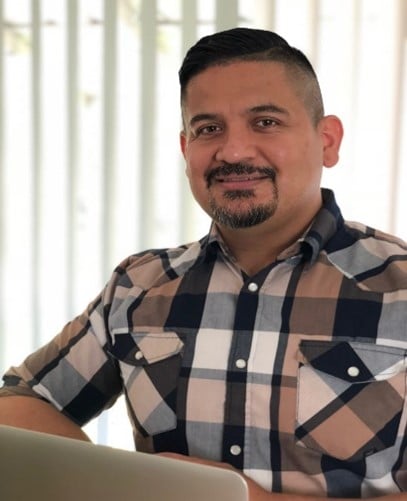 Garcia is pursuing a Ph.D. in educational leadership and neuroeducation at the University of Portland. His family showed him the value of education at a very young age. Coming from an immigrant family who has strived to be a meaningful part of its community while growing up in California, he vows to do the same in Oregon. As a nonprofit administrator and educator in the greater Portland area, Garcia’s goal is to help communities to be empowered by creating meaning within their own journeys. Educational leadership and neuroeducation have helped him to forge an understanding about how we learn. His philosophy is that the world outside is the classroom and there are always opportunities to improve upon this classroom through social justice, equity, and recognition that our neurodiversity, as well as different abilities, are the true path to authentic learning and community-making.
Garcia is pursuing a Ph.D. in educational leadership and neuroeducation at the University of Portland. His family showed him the value of education at a very young age. Coming from an immigrant family who has strived to be a meaningful part of its community while growing up in California, he vows to do the same in Oregon. As a nonprofit administrator and educator in the greater Portland area, Garcia’s goal is to help communities to be empowered by creating meaning within their own journeys. Educational leadership and neuroeducation have helped him to forge an understanding about how we learn. His philosophy is that the world outside is the classroom and there are always opportunities to improve upon this classroom through social justice, equity, and recognition that our neurodiversity, as well as different abilities, are the true path to authentic learning and community-making.
22 Jan2021
By Azaria Cunningham
 Congratulations to Talisa Jackson, the January Holmes Scholar of the Month. Originally from Natchez, Mississippi, Jackson is a doctoral candidate at George Mason University where she is studying science education research. Through her research, Jackson seeks to examine the representation of girls of color in STEM-related picture books with the goal of increasing the number of underrepresented populations in the STEM field. Since 2019, Jackson has worked at the National Science Foundation as a program assistant. Additionally, she is recipient of a 2020 College of Education and Human Development Completion Fellowship from George Mason University.
Congratulations to Talisa Jackson, the January Holmes Scholar of the Month. Originally from Natchez, Mississippi, Jackson is a doctoral candidate at George Mason University where she is studying science education research. Through her research, Jackson seeks to examine the representation of girls of color in STEM-related picture books with the goal of increasing the number of underrepresented populations in the STEM field. Since 2019, Jackson has worked at the National Science Foundation as a program assistant. Additionally, she is recipient of a 2020 College of Education and Human Development Completion Fellowship from George Mason University.
Prior to pursuing her doctoral studies, Jackson taught kindergarten and fourth grade in Title I schools in North Carolina and Virginia. Her experience in Title I schools, where 70% or more students receive free or reduced lunch, opened Jackson’s eyes to STEM education inequalities. This led her to research the various ways girls and people of color can be encouraged to participate in the STEM field.
22 Jan2021
By Jerrica Thurman

This year’s Opening Keynote Session, Policy and Practice for a Post-Pandemic World, at the AACTE 73rd Annual Meeting will both inform and inspire you to take the courageous actions needed to advance educator preparation. Join AACTE on February 24 for a series of mini presentations from influential politicians and education leaders making a difference in shaping our post-COVID world.
Dynamic speakers will address questions such as:
- What does it mean to “build back better” from a national landscape, as well as within the education field?
- How do we raise awareness to the important role educators play in redefining our national and global future?
- What reform can be enacted to ensure a more equitable education for all students?
- What policies are on the horizon that will address low pay as a barrier to attracting and retaining teachers?
- How will leaders address the affordability of college education and its impact on recruiting students to become teachers?
19 Jan2021
By Jane E. West

This blog post is written by AACTE consultant Jane West and is intended to provide updated information. The views expressed in this post do not necessarily reflect the views of AACTE.
Yesterday, President-Elect Biden revealed his massive $1.9 trillion COVID relief plan, hoping to jump start consideration in Congress. The goal of the education portion of the bill is to provide enough support for a robust vaccination plan, treatment, and funding to reopen a majority of K-8 schools safely within 100 days. The proposal provides $170 billion for K-12 and higher education. To date, the Congress has enacted almost $113 billion for the Department of Education in COVID relief funds.
Of the $170 billion in education funds, $130 billion would be for K-12 relief intended to cover technology needs; counseling, support for social, emotional, and academic needs of students; provision of smaller classes’ PPE, extra transportation; cleaning costs; and more. The Higher Education Emergency Relief Fund includes $35 billion for public colleges, public and private HBCUs and Minority Serving Institutions to provide online learning and emergency grants to students. A Governors’ fund is allocated $5 billion to support education for areas that have been the hardest hit by COVID, from pre-K through higher education. In addition, $350 billion is made available for state and local fiscal relief, a portion of which may be used for education. Funds are provided for regular testing for teachers and students, per recommendations from the Rockefeller Foundation.
19 Jan2021
By Maria Hyler
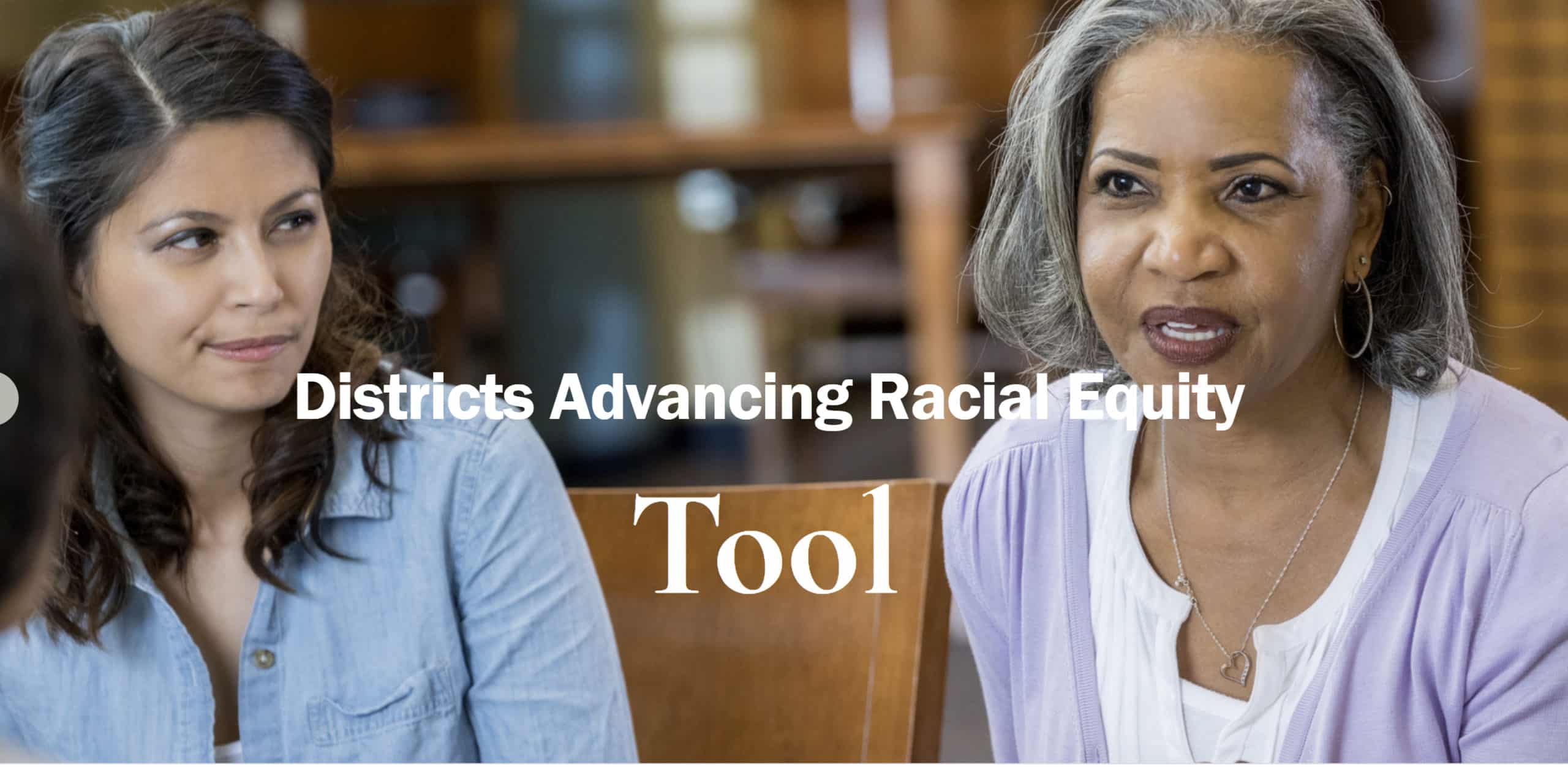
This article originally appeared on the Learning Policy Institute website an is reprinted with permission. The article was written by Maria E. Hyler, Desiree Carver-Thomas, Marjorie Wechsler, and Larkin Willis.
Decades of reforms have proven insufficient to address persistent racial disparities in educational opportunities. In school systems across the United States, meaningful efforts to ensure access to strong educational opportunities require a bold and significant shift. Policies and practice must not only prevent discrimination; they must move beyond simple notions of equality—in which every student gets the same—to equity—in which all students get what they need to develop academically, socially, emotionally, and physically.
School leaders who have been committed to racial equity understand the historical legacy of structural racism that reaches to our present context and that results in the educational opportunity gaps that students still experience. District staff who have focused on racial equity recognize that students’ individualized experiences, opportunities, and successes in school are deeply contextualized in the social reality of institutionalized racism across the United States. They seek to educate the individuals and ameliorate the systems that perpetuate inequitable opportunities and resulting outcomes for students.
19 Jan2021
By Meg Kamman and Tim Neubert
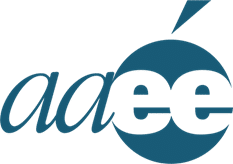 The American Association for Employment in Education (AAEE) is requesting AACTE members’ participation in the 2020-2021 Educator Supply and Demand Survey, conducted in conjunction with the Center for Marketing & Opinion Research, LLC (CMOR). Both AAEE members and non-members are invited and encouraged to participate.
The American Association for Employment in Education (AAEE) is requesting AACTE members’ participation in the 2020-2021 Educator Supply and Demand Survey, conducted in conjunction with the Center for Marketing & Opinion Research, LLC (CMOR). Both AAEE members and non-members are invited and encouraged to participate.
With data and perceptions gathered from colleges, universities, and school systems over several decades, the report generated will provide you and your institution with valuable regional and national insights and trends in PK-12 educator supply and demand. An electronic version of this report will be provided to all respondents in Spring 2021 at no cost.
Completion of the survey should take about 15 minutes and all responses will remain confidential.
Preview questions (in PDF format) prior to survey completion.
College or University? Complete this survey.
School District? Complete this survey.
 ISTE has released its newest policy report, “From Crisis Management to Sustained Change: States Leading the Future of Learning With the ISTE Standards.”
ISTE has released its newest policy report, “From Crisis Management to Sustained Change: States Leading the Future of Learning With the ISTE Standards.”

 Meet the nominees for the 2021-22 Holmes Council Elections. Each Holmes institution is entitled to one vote, which must be submitted by the Holmes Program Coordinator. Program Coordinators are encouraged to confer with their scholars for input on each candidate prior to completing the e-ballot. E-ballots must be completed via the
Meet the nominees for the 2021-22 Holmes Council Elections. Each Holmes institution is entitled to one vote, which must be submitted by the Holmes Program Coordinator. Program Coordinators are encouraged to confer with their scholars for input on each candidate prior to completing the e-ballot. E-ballots must be completed via the 
 The associate dean of undergraduate programs in the University of Wyoming College of Education is the recipient of the Outstanding Science Teacher Educator of the Year Level One Award.
The associate dean of undergraduate programs in the University of Wyoming College of Education is the recipient of the Outstanding Science Teacher Educator of the Year Level One Award.



 AACTE is pleased to announce the Call for Applications for the Consortium for Research-Based and Equitable Assessments (CREA). Funded by the Bill and Melinda Gates Foundation, the purpose of the Consortium is to convene stakeholders across various states to (1) examine how cut scores for entrance into educator preparation programs are currently set, (2) identify guidelines and recommendations for setting equitable cut scores for Praxis I and similar assessments, and (3) develop model state policies that seek to attract and prepare diverse teacher candidates for the profession.
AACTE is pleased to announce the Call for Applications for the Consortium for Research-Based and Equitable Assessments (CREA). Funded by the Bill and Melinda Gates Foundation, the purpose of the Consortium is to convene stakeholders across various states to (1) examine how cut scores for entrance into educator preparation programs are currently set, (2) identify guidelines and recommendations for setting equitable cut scores for Praxis I and similar assessments, and (3) develop model state policies that seek to attract and prepare diverse teacher candidates for the profession.  Garcia is pursuing a Ph.D. in educational leadership and neuroeducation at the University of Portland. His family showed him the value of education at a very young age. Coming from an immigrant family who has strived to be a meaningful part of its community while growing up in California, he vows to do the same in Oregon. As a nonprofit administrator and educator in the greater Portland area, Garcia’s goal is to help communities to be empowered by creating meaning within their own journeys. Educational leadership and neuroeducation have helped him to forge an understanding about how we learn. His philosophy is that the world outside is the classroom and there are always opportunities to improve upon this classroom through social justice, equity, and recognition that our neurodiversity, as well as different abilities, are the true path to authentic learning and community-making.
Garcia is pursuing a Ph.D. in educational leadership and neuroeducation at the University of Portland. His family showed him the value of education at a very young age. Coming from an immigrant family who has strived to be a meaningful part of its community while growing up in California, he vows to do the same in Oregon. As a nonprofit administrator and educator in the greater Portland area, Garcia’s goal is to help communities to be empowered by creating meaning within their own journeys. Educational leadership and neuroeducation have helped him to forge an understanding about how we learn. His philosophy is that the world outside is the classroom and there are always opportunities to improve upon this classroom through social justice, equity, and recognition that our neurodiversity, as well as different abilities, are the true path to authentic learning and community-making.  Congratulations to Talisa Jackson, the January Holmes Scholar of the Month. Originally from Natchez, Mississippi, Jackson is a doctoral candidate at George Mason University where she is studying science education research. Through her research, Jackson seeks to examine the representation of girls of color in STEM-related picture books with the goal of increasing the number of underrepresented populations in the STEM field. Since 2019, Jackson has worked at the National Science Foundation as a program assistant. Additionally, she is recipient of a 2020 College of Education and Human Development Completion Fellowship from George Mason University.
Congratulations to Talisa Jackson, the January Holmes Scholar of the Month. Originally from Natchez, Mississippi, Jackson is a doctoral candidate at George Mason University where she is studying science education research. Through her research, Jackson seeks to examine the representation of girls of color in STEM-related picture books with the goal of increasing the number of underrepresented populations in the STEM field. Since 2019, Jackson has worked at the National Science Foundation as a program assistant. Additionally, she is recipient of a 2020 College of Education and Human Development Completion Fellowship from George Mason University.


 The American Association for Employment in Education (AAEE) is requesting AACTE members’ participation in the 2020-2021 Educator Supply and Demand Survey, conducted in conjunction with the Center for Marketing & Opinion Research, LLC (CMOR). Both AAEE members and non-members are invited and encouraged to participate.
The American Association for Employment in Education (AAEE) is requesting AACTE members’ participation in the 2020-2021 Educator Supply and Demand Survey, conducted in conjunction with the Center for Marketing & Opinion Research, LLC (CMOR). Both AAEE members and non-members are invited and encouraged to participate.